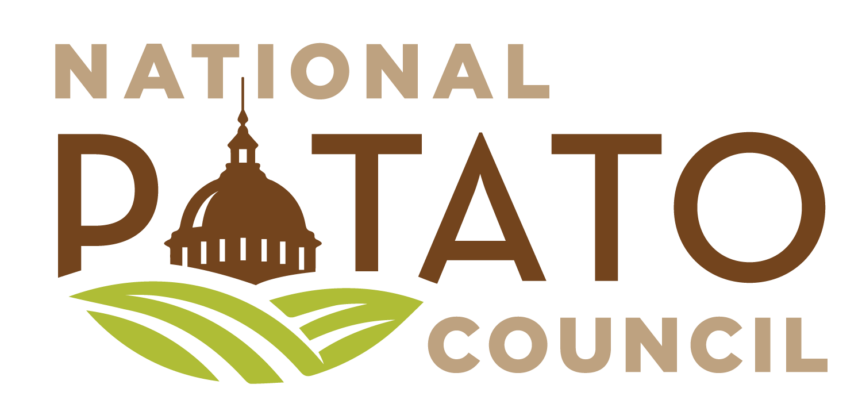
WASHINGTON, D.C. – Representatives from the U.S. Department of Agriculture (USDA) Animal and Plant Health Inspection Service (APHIS) are scheduled to host plant health technical bilateral meetings with their Japanese counterparts in Idaho Falls, Idaho, Sept. 17-19, to continue mission-critical work on phytosanitary topics.
National Potato Council (NPC) CEO Kam Quarles and others from the U.S. potato industry will attend to support the industry’s ongoing efforts to open the market for U.S. fresh potatoes.
“Gaining full access to the Japanese market for U.S. fresh potatoes has been a focus of the potato industry for at least two decades,” said NPC CEO Kam Quarles ahead of the meeting, “yet Japan continues to stall and delay the negotiations. The U.S. potato industry urges our partners at USDA to require Japan to uphold their international obligations. Securing access will help to reduce the U.S. agricultural trade deficit, benefitting American workers throughout the supply chain and Japanese consumers alike.”
Fresh Market Access to Japan
Although the U.S. has held market access to Japan for chipping potatoes since 2006, the U.S. is seeking market access for all fresh potatoes, including table stock potatoes. Already the second largest market for U.S. potatoes, Japan’s market for U.S. fresh potato exports is estimated at $150 million to $200 million annually, once fully opened.
In April 2024, U.S. Senators Maria Cantwell (D-Wash.), Chair of the Senate Committee on Commerce, Science, and Transportation, and Jim Risch (R-Idaho), Ranking Member of the Senate Committee on Foreign Relations, along with eight of their Senate colleagues, sent a letter to President Biden requesting that he capitalize on Japanese Prime Minister Fumio Kishida’s visit to Washington, D.C., to request market access.
The Senators wrote that despite the efforts of USDA’s APHIS, Japan’s Ministry of Agriculture, Farming and Fisheries (MAFF) continues to delay substantive negotiations on table stock access.
“There is no valid phytosanitary justification for these delays, as the U.S. potato industry has a strong history of exporting fresh potatoes to many markets, including South Korea, Taiwan, Hong Kong, Singapore, Indonesia, the Philippines, Malaysia, and Thailand,” the letter continues. “Technical discussions have not made meaningful progress and now is the time to find a solution for U.S. potato growers.”










